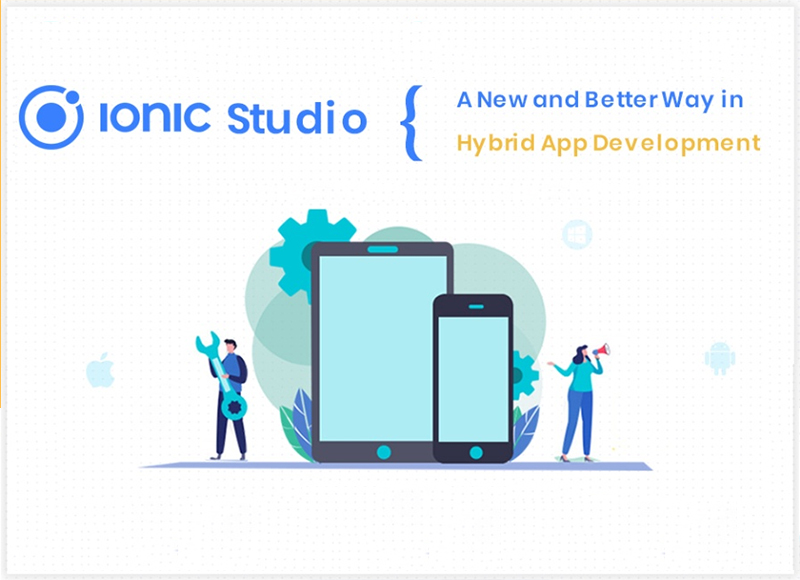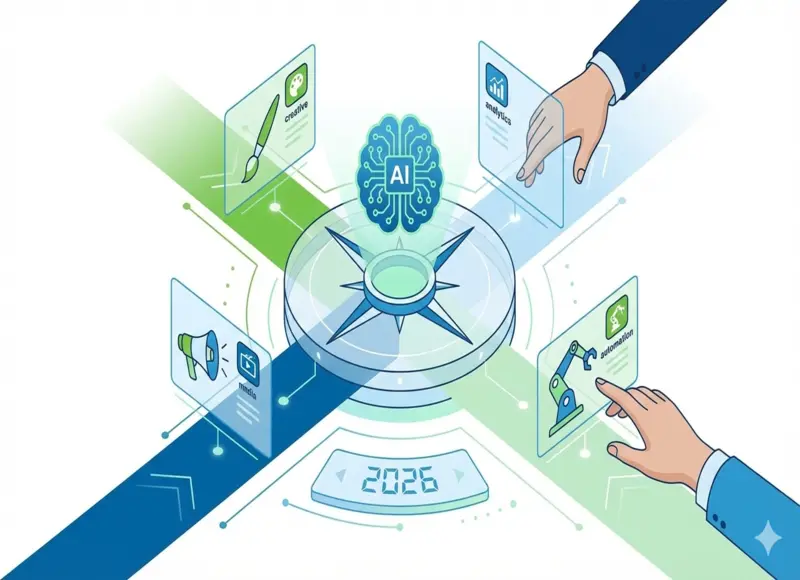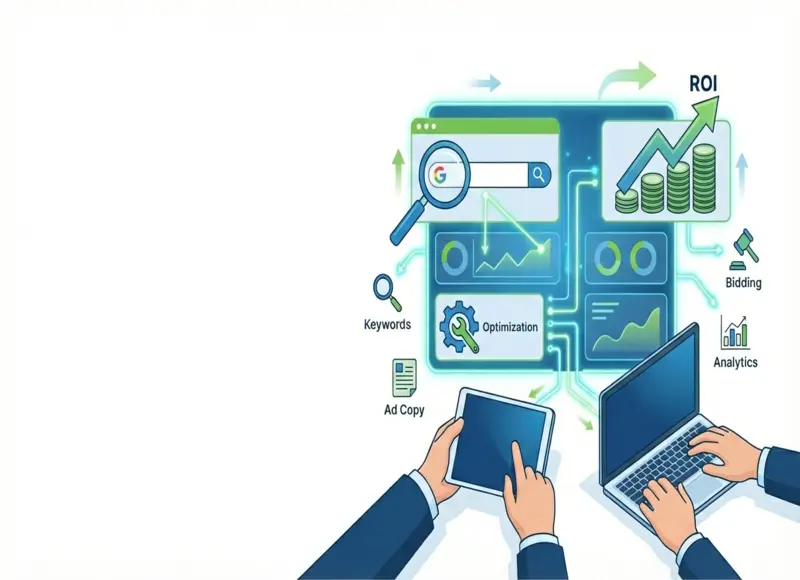Table of Contents
As the name suggests, Hybrid Apps are apps that are a combination of Native apps and Web apps. Native apps are the ones that are specifically developed for a particular platform such as iOS or Android and Web apps are the apps that are not locally install

What are Hybrid Apps?
As the name suggests, Hybrid Apps are apps that are a combination of Native apps and Web apps. Native apps are the ones that are specifically developed for a particular platform such as iOS or Android and Web apps are the apps that are not locally installed and are available on the internet to be accessed via a browser. Such app development work can be done with the all-new Ionic Studio Framework.
Native apps v/s Hybrid apps: A Comparison
Native apps use platform-specific native languages like Java or Kotlin for Android, C# for Windows phones,s, and Objective-C or Swift for iOS, thereby giving great performance including fast and fluid animations. On the other hand, hybrid apps make use of languages like HTML, CSS, and JavaScript, and then they are wrapped in a native application using platforms like Cordova or PhoneGap. These are, thus, browser-specific and use native browsers such as UIWebView for iOS and WebView for Android. This leads to faster app development and easy maintenance. However, one major problem with hybrid apps is that they still depend on the native browser, meaning they are not as fast as native apps.
Unveiling The Concept Of Hybrid App Development
Hybrid apps are created as a single app used for multiple platforms. These are basically all in one app, that can be run on all platforms alike, i.e., a single product solution that can work on many operating systems like iOS, Windows, Android, etc. They look and feel like a native application but are in reality run by a hybrid app development company website. They are basically web-based programs embedded in a native app shell. There are varied ways the creation of hybrid apps. Ionic Studio Framework is one such method and it provides a great way to ease out your work on hybrid app development.
Hybrid App Development: A good decision or not?
Almost all application developers face an important question while starting their development: whether to go for native app development or should we try the newer hybrid app development? The answer to this question becomes the base of the entire development. And to reach the answer it is necessary that one knows its advantages over native app development and also, whether or not the disadvantages can be catered to easily and avoided if necessary.
Advantages for Hybrid App Developers:
Hybrid App Development offers consistency and flawless user experience across all platforms like iOS and Android.
- The lightweight hybrid app UI helps in loading content and graphics very quickly.
- It helps the app developers to build the app quickly and easily, thus, saving time.
- Hybrid apps can be updated in real-time like web pages. This removes the need for versioning and helps to roll out the updates without creating any new versions.
- , Unlike native apps, hybrid applications use a single code base for different platforms. This reduces costs significantly.
- It also reduces the time to market significantly. And enables to reach a higher number of users.
Disadvantages for Hybrid App Developers:
- Hybrid apps may not provide the users with a good native experience as the code base is uniform for all platforms.
- Hybrid apps may lack certain native features and new features may not always be available on a hybrid app.
- For an app developer with no knowledge of a native platform, debugging undocumented errors becomes very difficult.
Ionic Studio: A New and Better Way in Hybrid App Development
Often it is claimed that hybrid apps do not offer a good interface to the users, which is the key to the success of any mobile app. However, the Ionic Framework for hybrid app development has all the solutions to this. Ionic Studio Framework provides
- An easy platform for app developers. A basic hello world app can only take half an hour to be developed, and a functioning prototype needs only 2 days.
- Also, using Ionic, app developers can be Front End developers, i.e., two at the price of one!
- It can create apps at lightning-fast speed.
- Tackle development backlogs easily.
- It provides full code portability with drag-drop features.
- It is really good for small app development!
Ionic Studio Standout Features
Ionic Studio comes packed with extravagant features for hybrid app development. The main standout features that present a lot of opportunities to the app developers to make their work streamlined are as follows:
Seamless IDE
Integrated Development Environment is one of the most important features of app development. With Ionic Studio, the developers get a full-fledged set of features for the locally installed IDE, which offers many functions like TypeScript support for code editing, autocompletion, and creation of templates for faster work, an enhanced Visual Studio IDE, debugging tools, and much more.
A Colossal Component Library
Component Libraries are what make the jobs of app developers accurate and hassle-free. With a very rich library of Ionic Framework Components (over 100 components), the developers can conveniently browse through them, drag the relevant ones to the app, and the essential codes are automatically generated by the Ionic Studio.
Live Reloading
Ionic Studio’s V4 brings an enhanced platform for the developers in which they can visualize their work on native devices, web browsers, or even the installed simulators. The previews get updated live and the changes are instantly applied for the app developers to check the UI and changes they made to the app through their coding.
Assisted by AWS
AWS is, perhaps, one of the biggest resources online for apt data accumulation. Ionic Studio, partnering with AWS, has the ability to integrate with third-party services and backend systems smoothly in order to provide optimum app development. Developers also get access to AWS Amplify, which is a vast library of essential cloud services for exemplary mobile app services and features. This is a major assist for the front-end developers as it essentially helps them to integrate various services, whether third-party or back-end, seamlessly from an SDE (Single Development Environment).
Conclusion
The usage of hybrid applications has facilitated flawless consistency and ease of development. As a result, a wide range of real-time benefits is being extracted from the usage of hybrid applications making annunciating ionic studio framework a prominently used thing.







